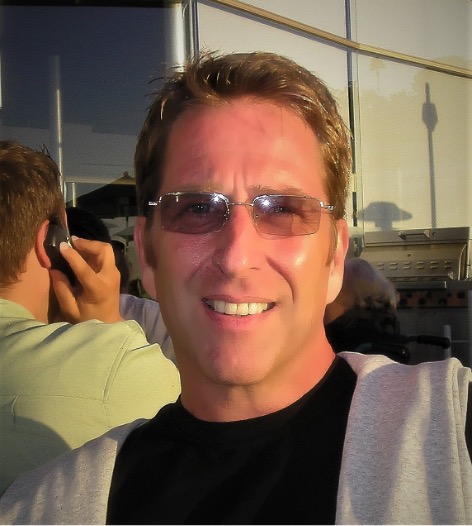From the Director
Greetings from the Ortiz Center Director:
I am honored to assume the directorship of the Alfonso Ortiz Center for Intercultural Studies. I follow in the footsteps of UNM’s luminaries who preceded me, including former directors Dr. Lea McChesney, Dr. Beverly Singer, and Dr. Sylvia Rodriguez. I thank Keith Hunley, Anthropology Chair and Carla Sinopoli, Maxwell Museum Director for supporting the Ortiz Center and its initiatives. I would also like to acknowledge the role of Dr. Marta Weigle (Anthropology) and Dr. Mari Lyn Salvador (Maxwell Museum) in their vision to create and then of raise funds through a National Endowment for the Humanities grants for the Center. All are visionaries focusing on public engagement and community collaboration with Anthropology and other related fields of study.
Although I did not meet Dr. Ortiz, I know of his contributions to Southwestern anthropology and to the advancement of tribal sovereignty and autonomy, including that of the Pueblo of Ohkay Owingeh where he was a member. In his writings, Ortiz bridged Anthropology with his indigenous ancestry, reminding those of us in academia that our scholarship needs to be relevant, timely, and responsive to the communities in which we work.
The Ortiz Center funds projects and initiatives that range across museum exhibits, collaborative, community-based research, films and screenings, performances, conferences and sponsored public presentations, tribal consultations and restoration of cultural heritage, among others. In 2017, the Ortiz Center, Maxwell Museum, Anthropology and Tlowitsis Nation of British Columbia came together to restore and rededicate the Smith Family Totem Pole, which had stood relatively negelected on the University campus for more than 70 years. UNM negotiated a repository agreement with the Smith Family, moved the pole to the Hibben Center, and restored the pole to its original appearance with the assistance of native artists. Our goal is to reach out broadly to various communities, UNM programs, and organizations. Projects supported by the Ortiz Center involve collaborative research and exhibits with Hopi, Acoma, Zuni, Cochiti, Taos, and with Native Hawaiian communities of Hawai‘i Island. Our programs are interdisciplinary including faculty and students from Native American Studies, Chicana and Chicano Studies, History, American Studies, Spanish and Portuguese, Center for the Southwest, El Centro de la Raza, UNM Law School, Museum Studies, and the Anderson School of Management. We continue to partner with a variety of organizations including the Smithsonian National Museums of the American Indian and Natural History, Hopi Cultural Preservation Office, School for Advanced Research, Northern New Mexico College, National Park Service, New Mexico Acequia Association, Central New Mexico Community College, and the Middle Rio Grande Conservancy District.
I encourage you to check out our programs and funding opportunities that are presented on the Ortiz Center website. We invite to join us in celebrating the life of Alfonso Ortiz and his continuing legacy at the University of New Mexico.
Sincerely,
Michael Graves

